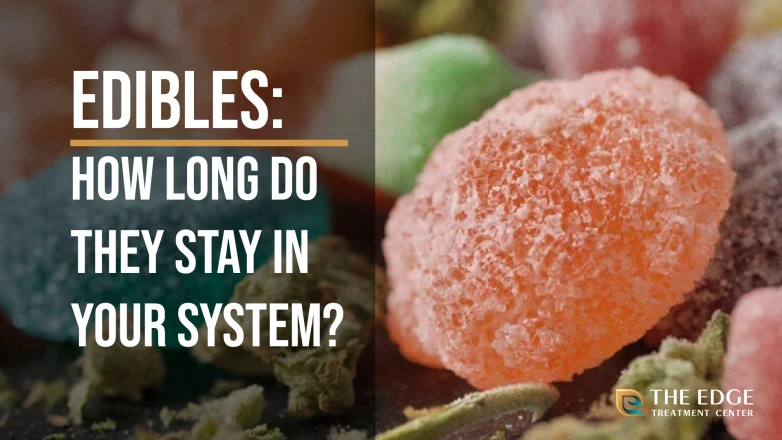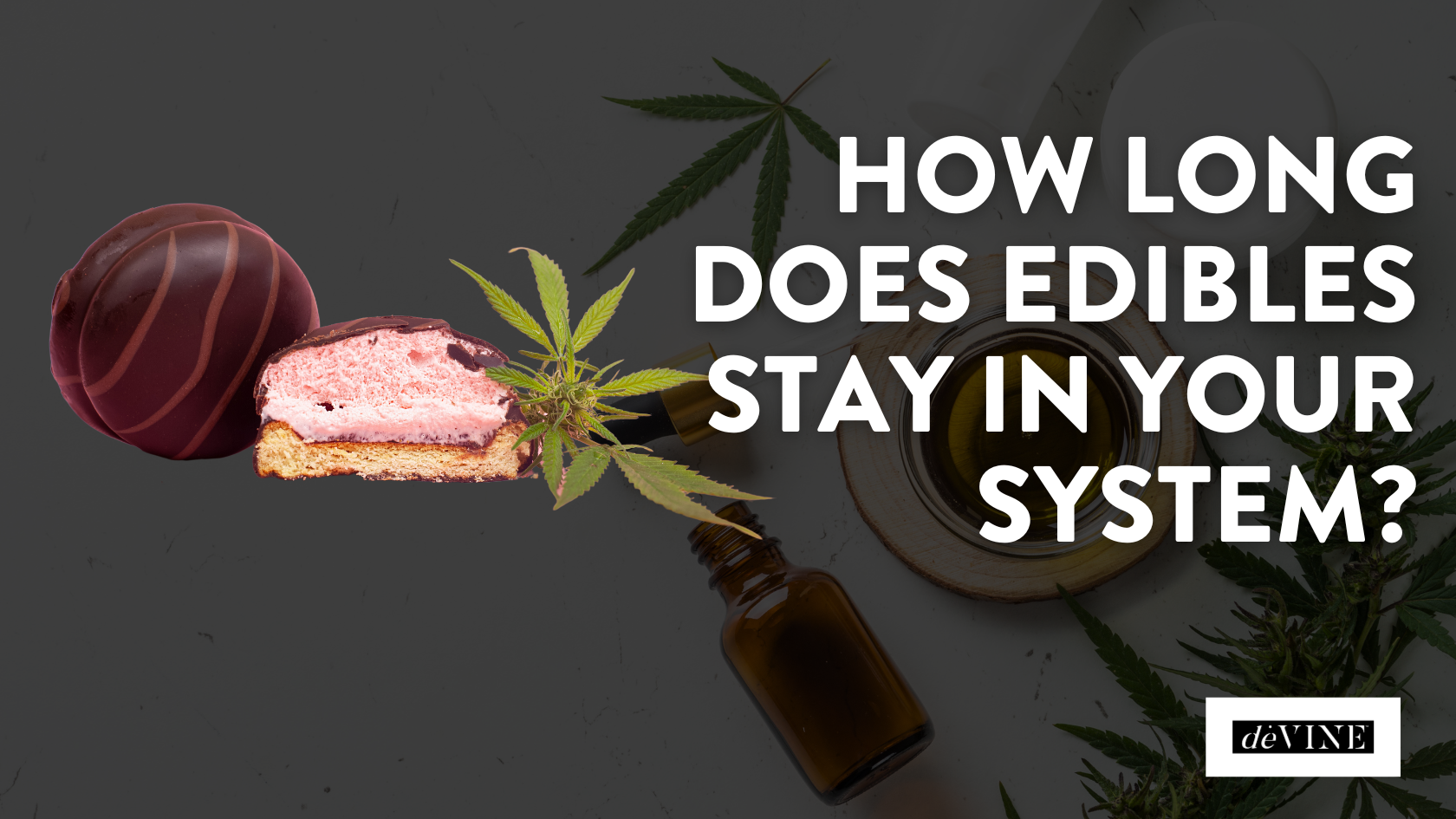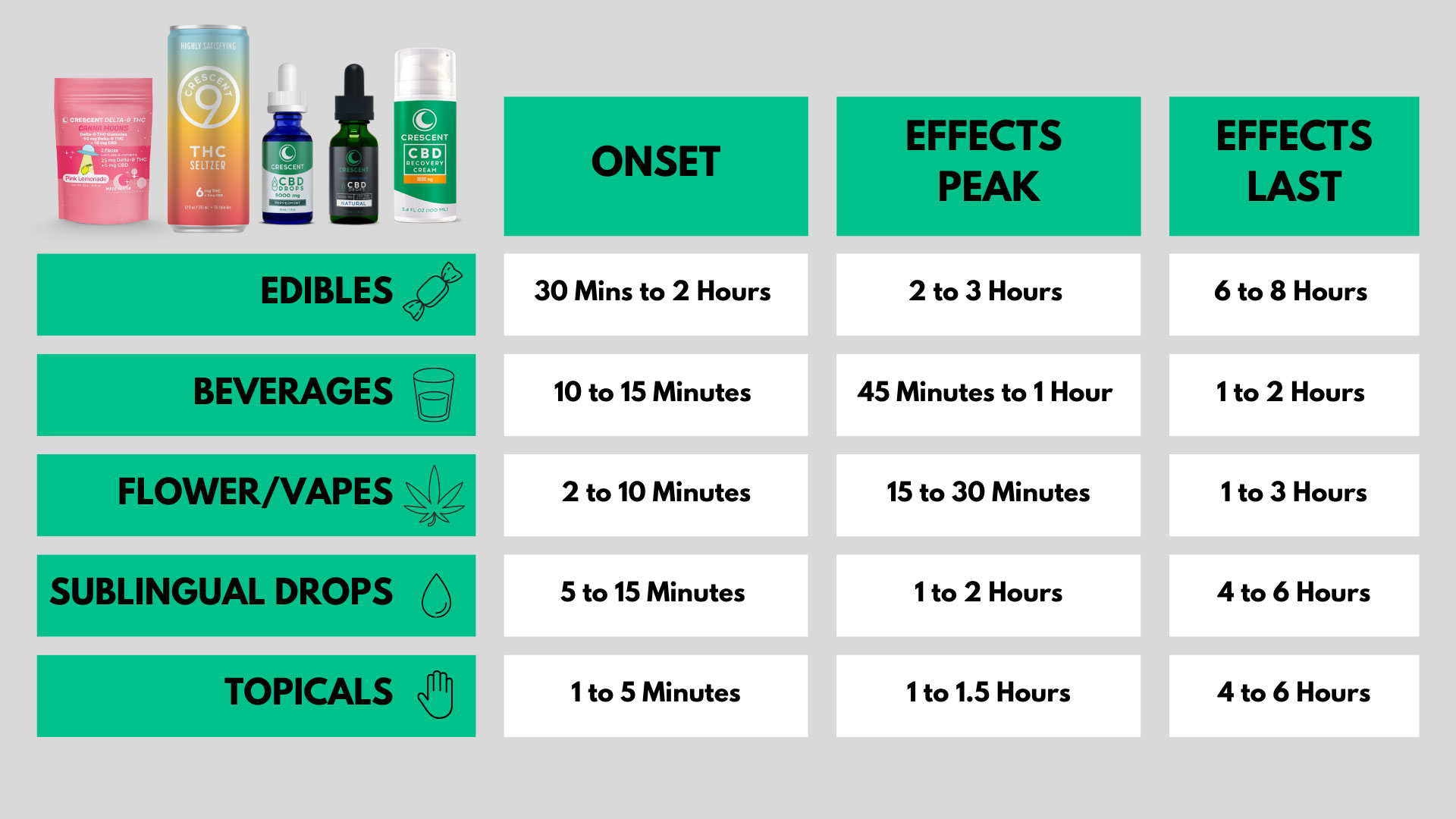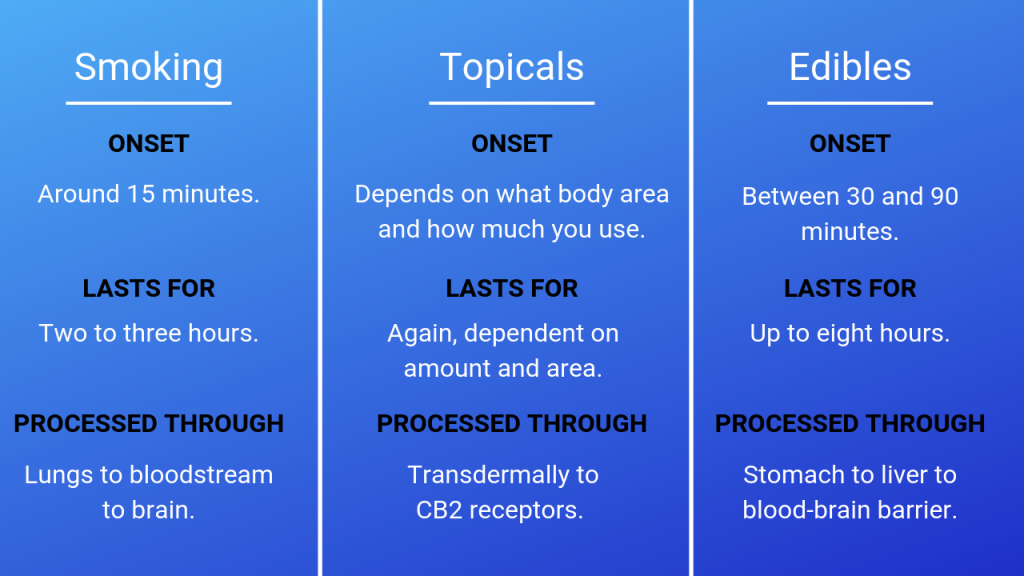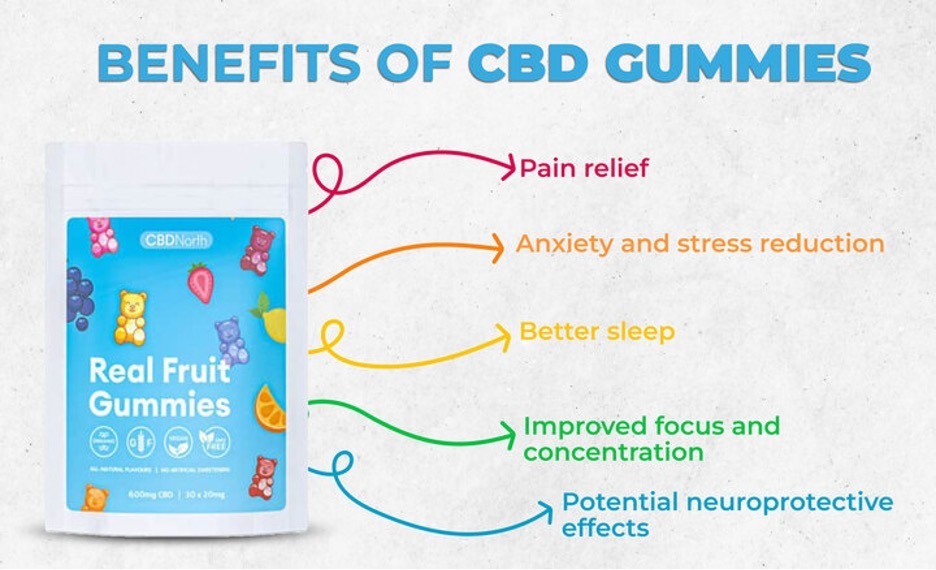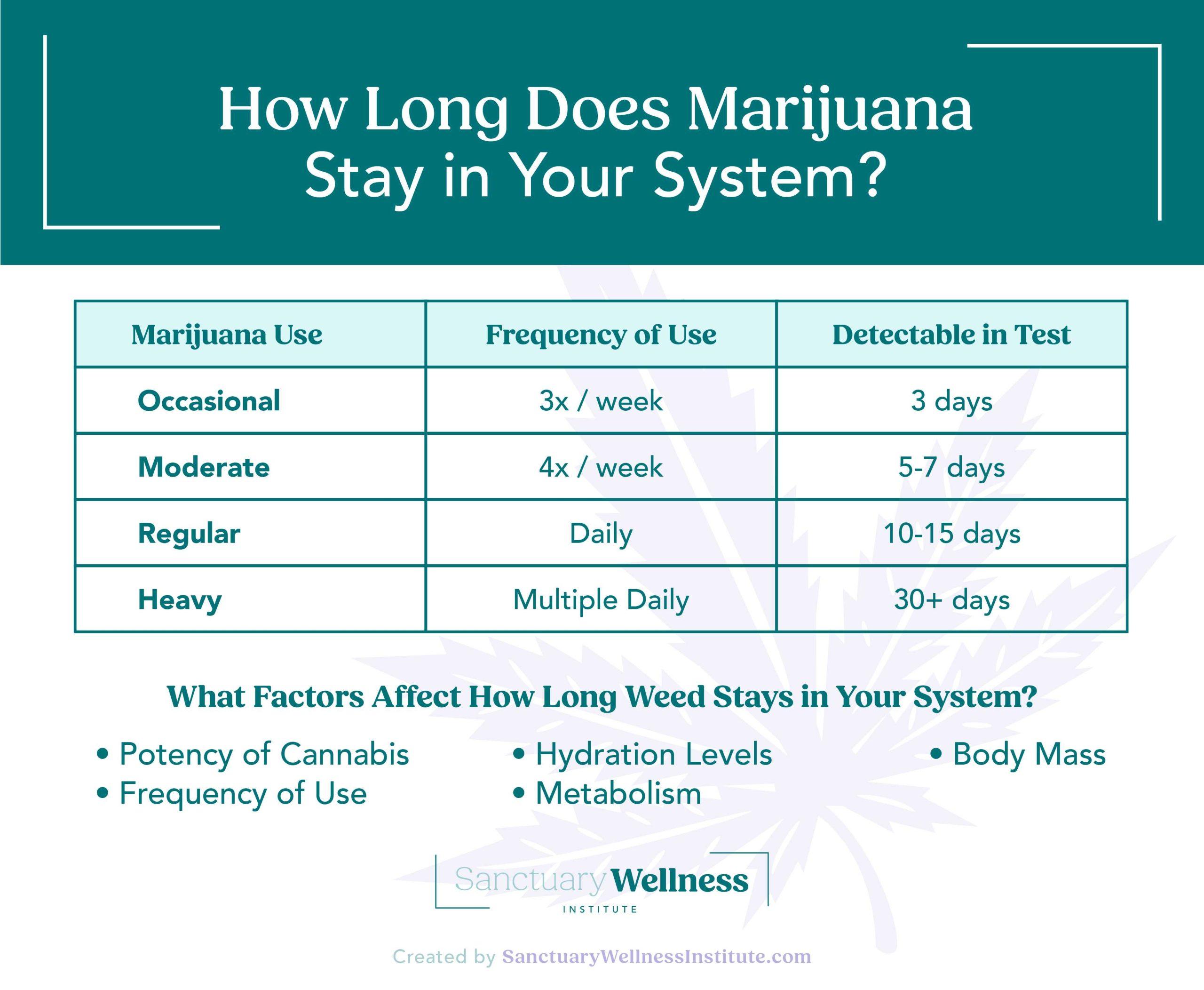How Long Do Marijuana Edibles Stay In Your System
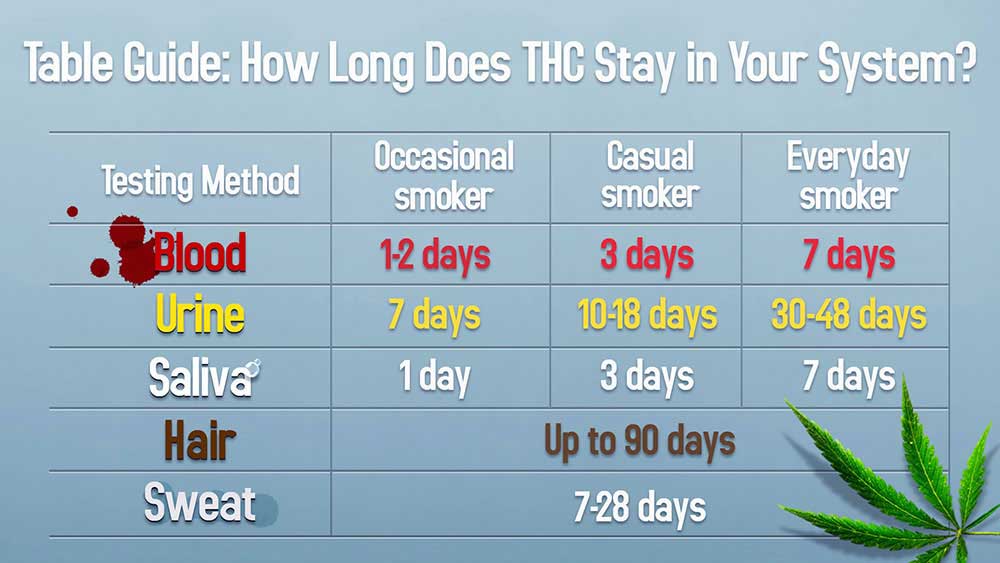
Marijuana edibles can linger in your system far longer than inhaled cannabis. Understanding the detection window is crucial for navigating drug tests and avoiding unexpected consequences.
This article breaks down the factors influencing how long edibles remain detectable, offering critical information for consumers and those subject to drug screenings. We’ll cover detection windows in urine, blood, hair, and saliva, along with factors impacting metabolism.
How Long Can Edibles Be Detected?
The duration edibles stay in your system is influenced by several factors. These include dosage, frequency of use, metabolism, body fat percentage, and individual physiology.
Urine Tests
Urine tests are the most common method for detecting marijuana use. For infrequent users, THC metabolites are typically detectable for up to 3 days.
Moderate users might test positive for 7-21 days, while chronic, heavy users can test positive for a month or even longer.
Blood Tests
Blood tests have a shorter detection window compared to urine tests. THC is detectable in the blood for only a few hours to a couple of days after consumption, particularly for infrequent users.
For regular users, THC can remain detectable in the blood for up to a week or longer. This is dependent on usage and individual factors.
Saliva Tests
Saliva tests typically detect recent marijuana use. THC can be detected in saliva for up to 24-72 hours after consuming edibles.
This window can vary based on the amount consumed and individual metabolism. These tests are best at detecting very recent use.
Hair Follicle Tests
Hair follicle tests have the longest detection window, potentially detecting marijuana use for up to 90 days. This method analyzes hair strands for traces of THC.
However, hair tests are less common than urine or blood tests. They provide a longer-term history of drug use.
Factors Influencing Detection Time
Several factors affect how long edibles remain detectable. Metabolism plays a significant role.
Individuals with faster metabolisms process THC more quickly. Body fat percentage also matters because THC is stored in fat cells.
Dosage and frequency of use are crucial determinants. Higher doses and more frequent use lead to longer detection times.
Metabolism and Edibles
Edibles are processed differently compared to inhaled cannabis. When ingested, THC is metabolized by the liver into 11-hydroxy-THC, a more potent psychoactive compound.
This process extends the duration of effects and potentially the detection window. Individual metabolic rates vary widely based on genetics and lifestyle.
Who Is Most Affected?
Individuals facing drug testing for employment, legal reasons, or athletic competitions are most affected by these detection windows. Understanding the potential detection times can help them make informed decisions.
Those with medical conditions or taking certain medications may experience altered metabolism. This affects how quickly their bodies process THC.
Legal and Employment Considerations
Marijuana laws vary significantly by state and country. While recreational marijuana may be legal in some jurisdictions, employers often maintain drug-free workplace policies.
Familiarize yourself with local laws and employer policies regarding marijuana use. Positive drug tests can have serious consequences, depending on the context.
What Can You Do?
There's no foolproof method to eliminate THC from your system quickly. Hydration and exercise might help to some extent, but their impact on detection times is limited.
The best approach is to abstain from consuming edibles if you anticipate a drug test. Give your body sufficient time to process and eliminate THC.
The Bottom Line
Edibles can stay in your system for days to months. Detection windows vary depending on testing method, individual factors, and usage patterns.
Understanding these factors is crucial for anyone consuming edibles. Consider the implications for drug tests and potential consequences based on your circumstances.
Next Steps
Consult with a medical professional for personalized advice on marijuana use and its effects on your health. Stay informed about evolving marijuana laws and workplace policies in your area.
Ongoing research continues to explore the complexities of THC metabolism. New insights could change current understanding of detection windows.

![How Long Do Marijuana Edibles Stay In Your System How Long Do Edibles Stay In Your System? [1571f6]](https://i.ytimg.com/vi/pt6_Inu8nDk/sddefault.jpg)



